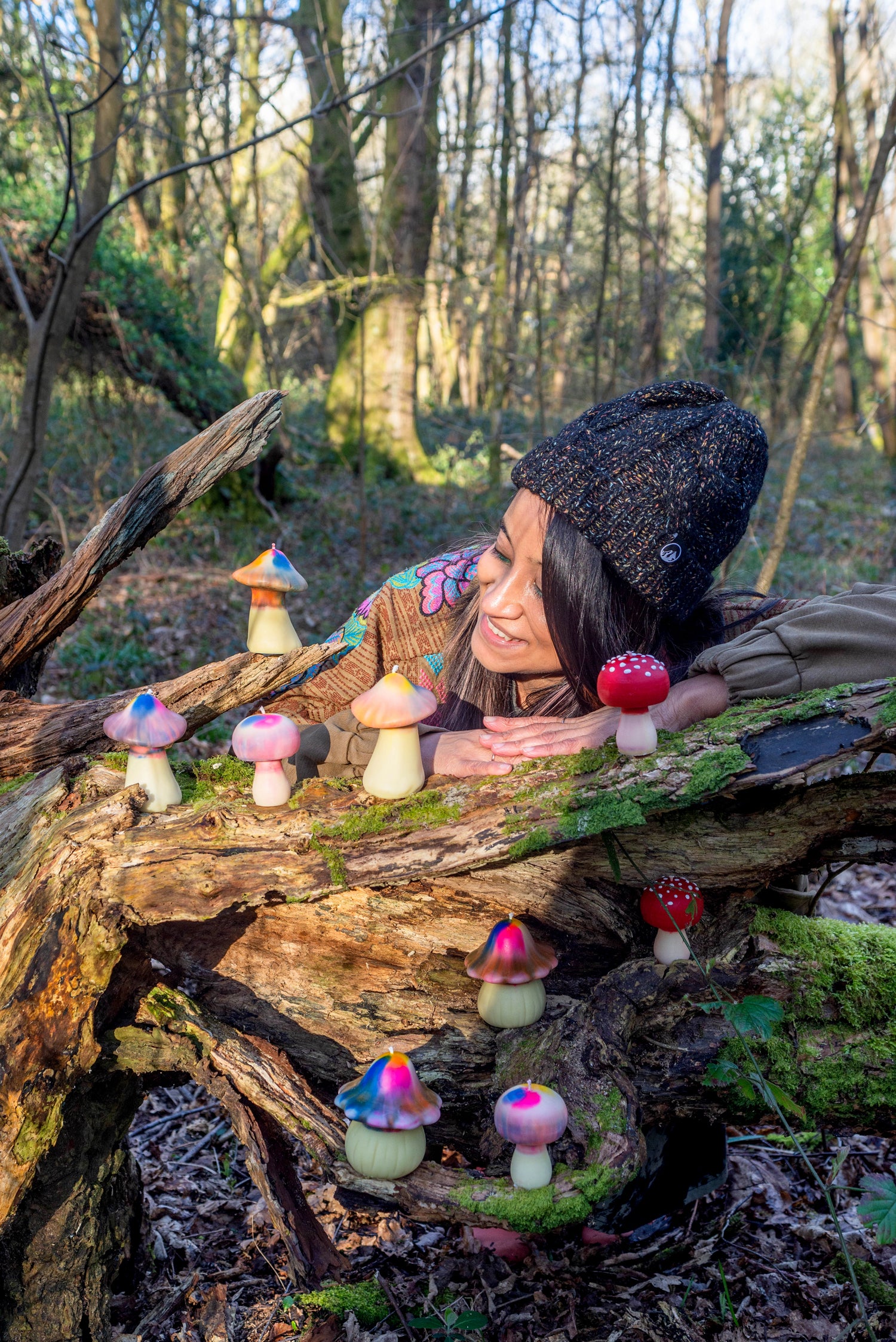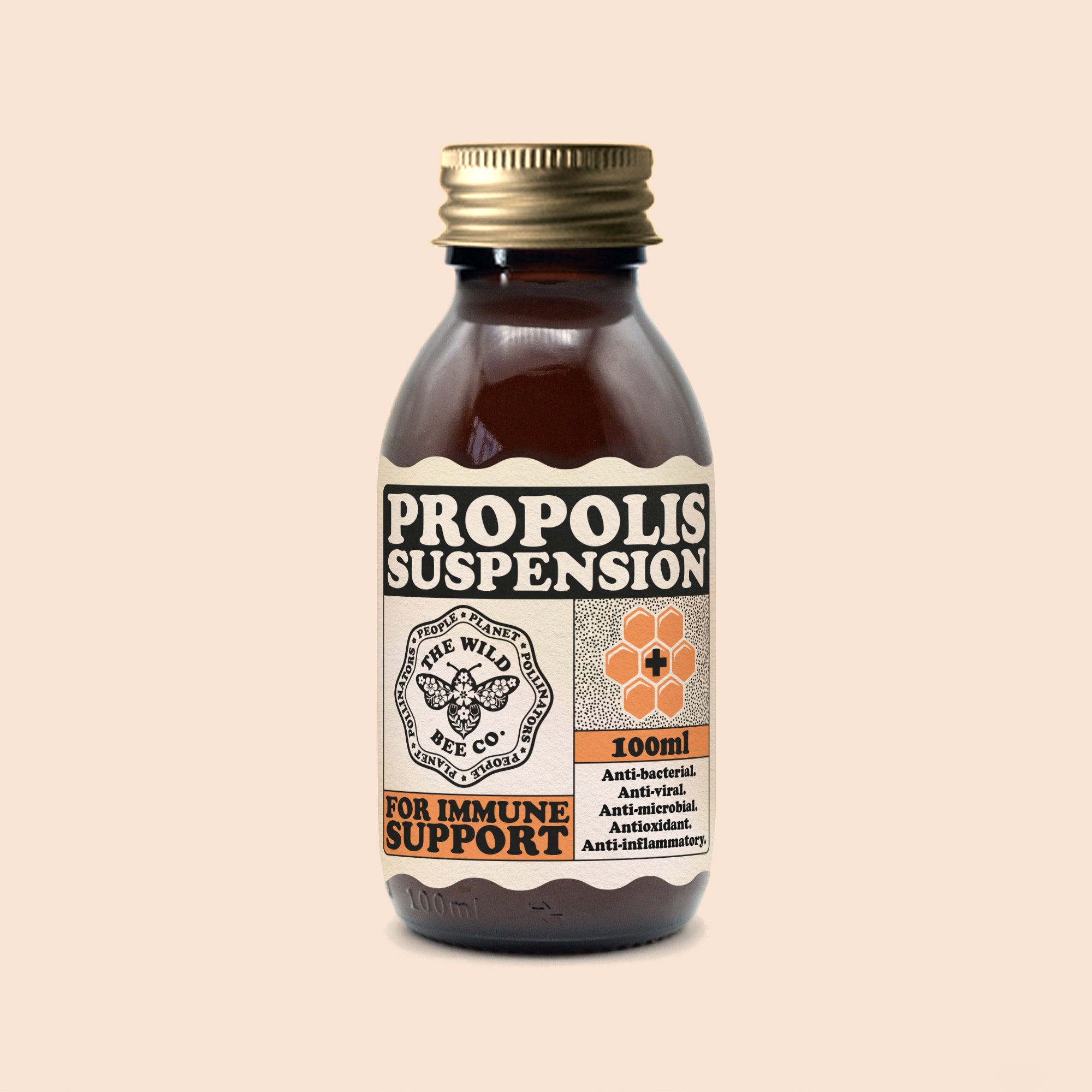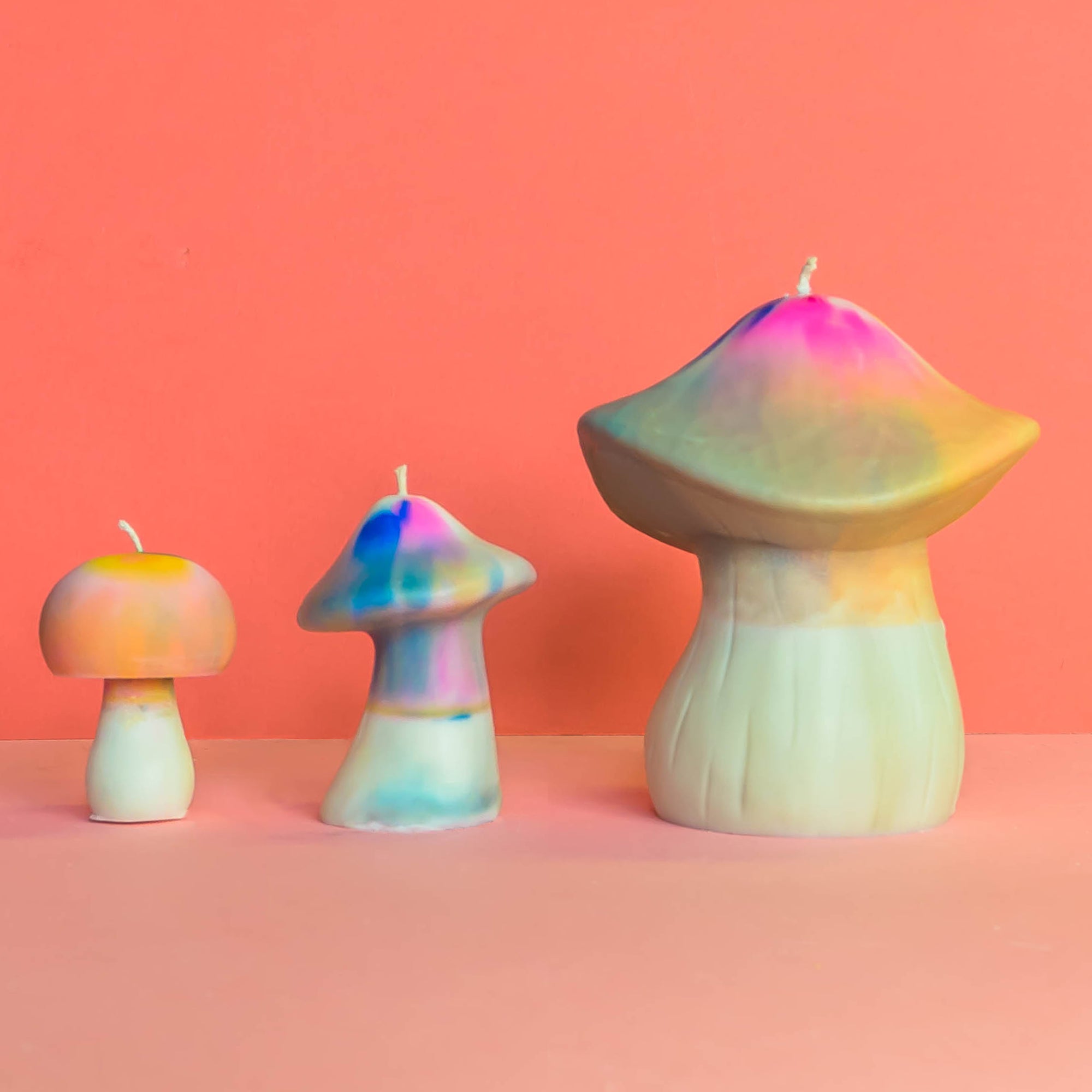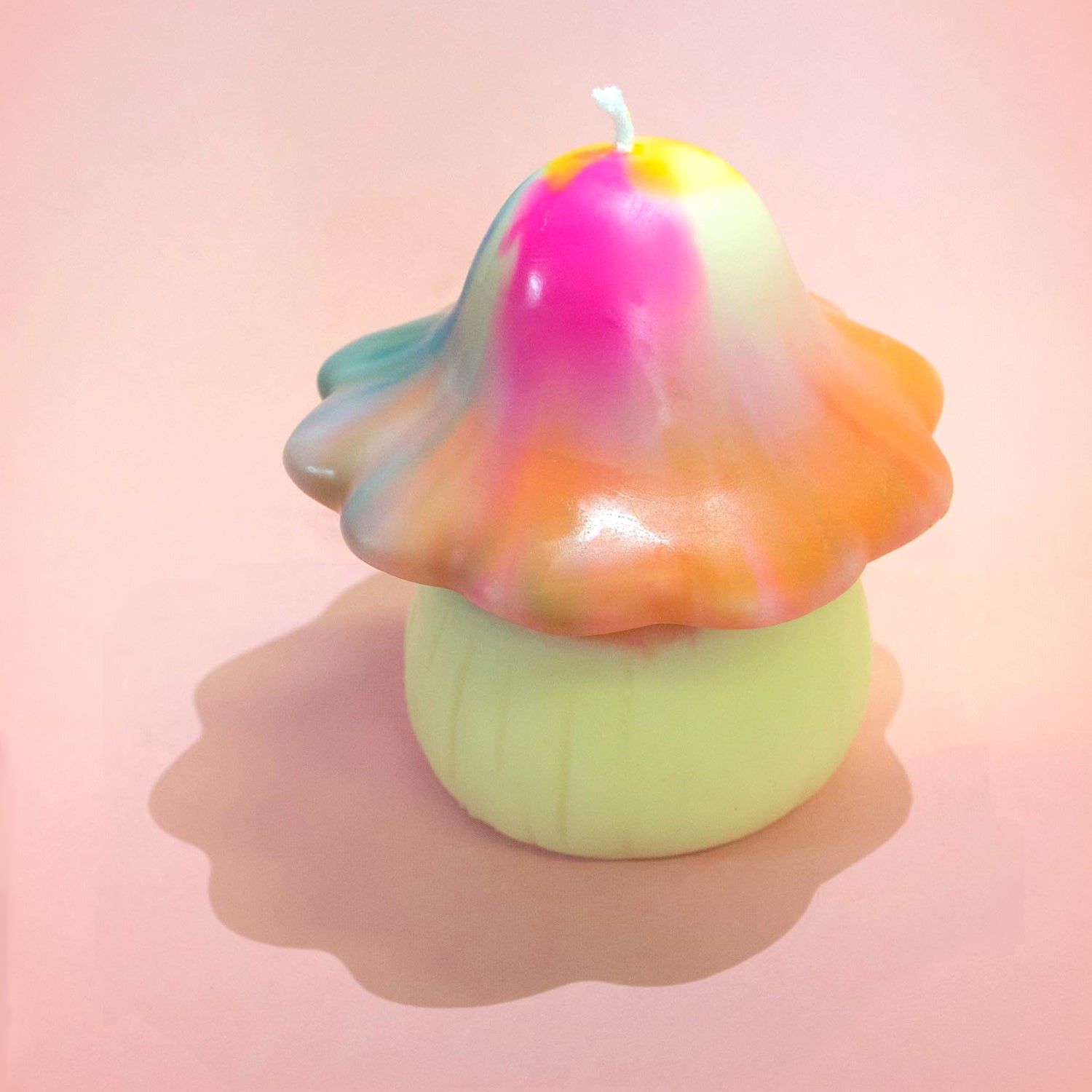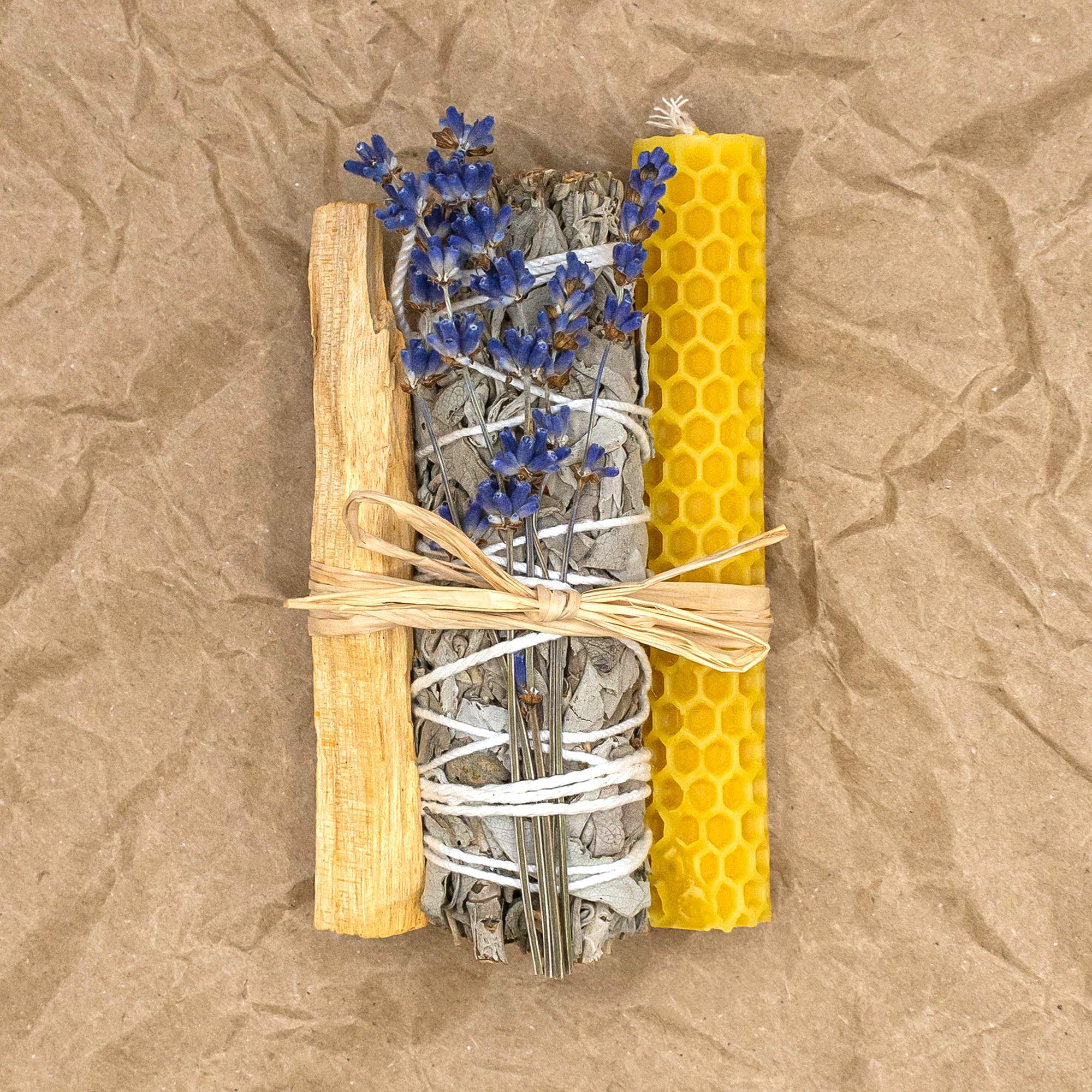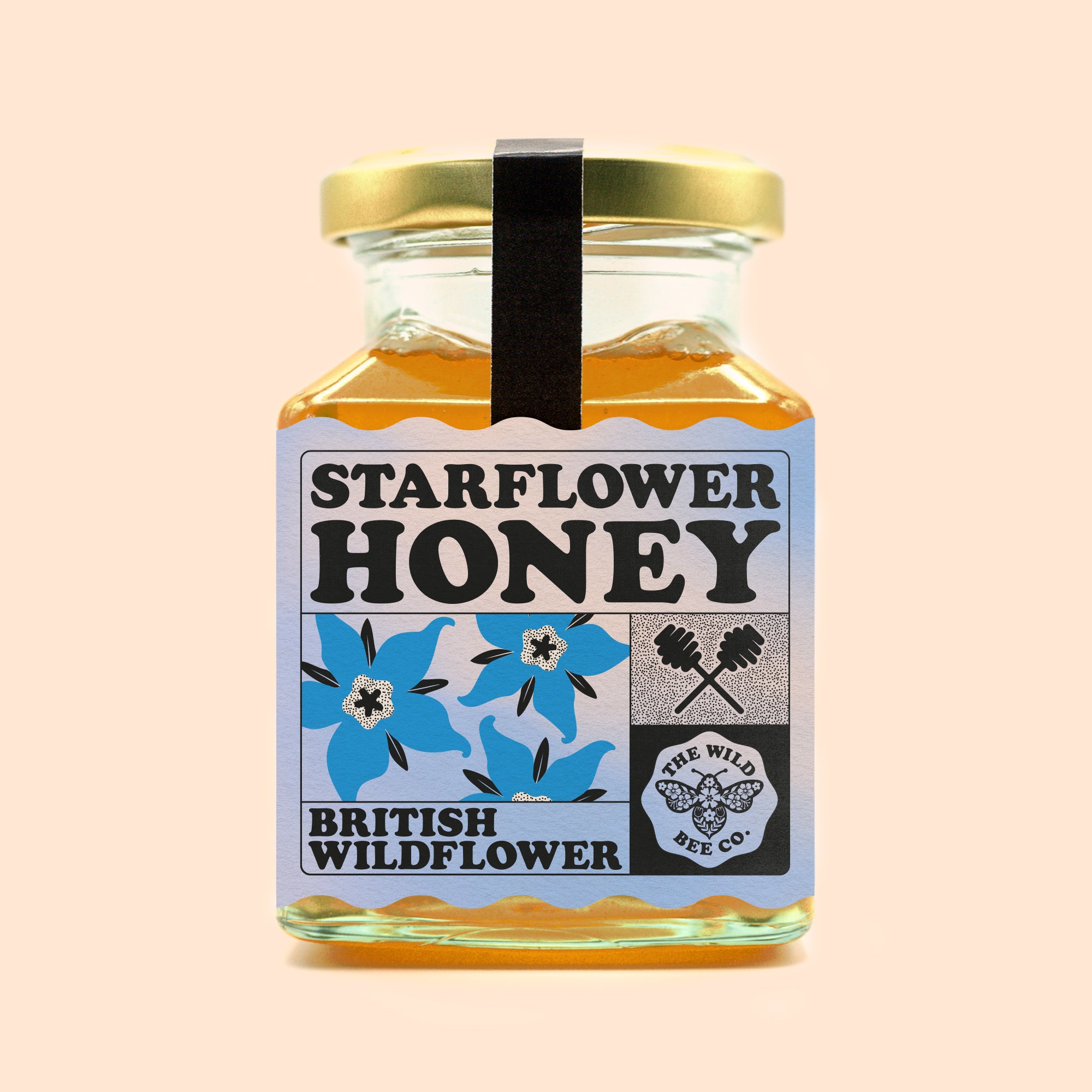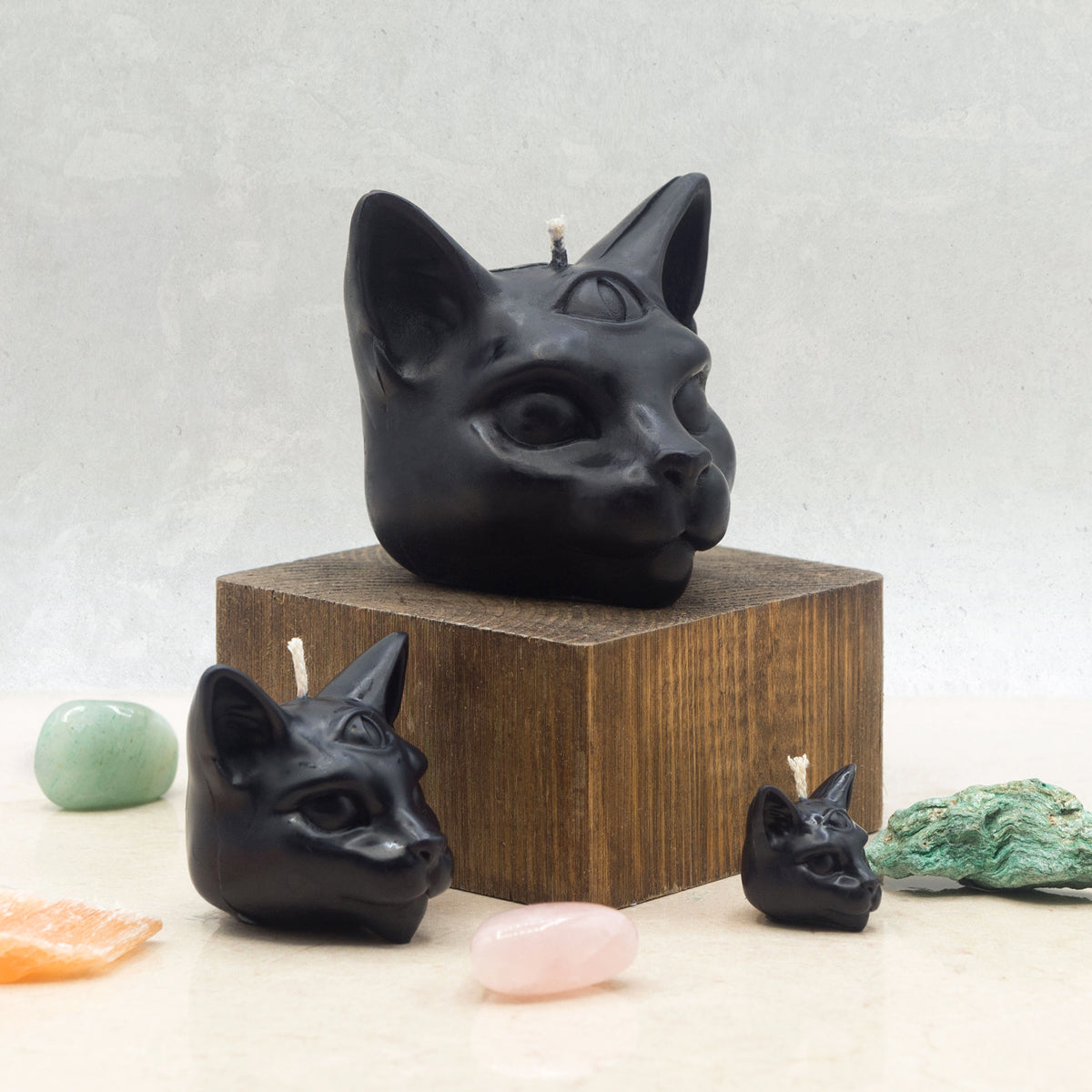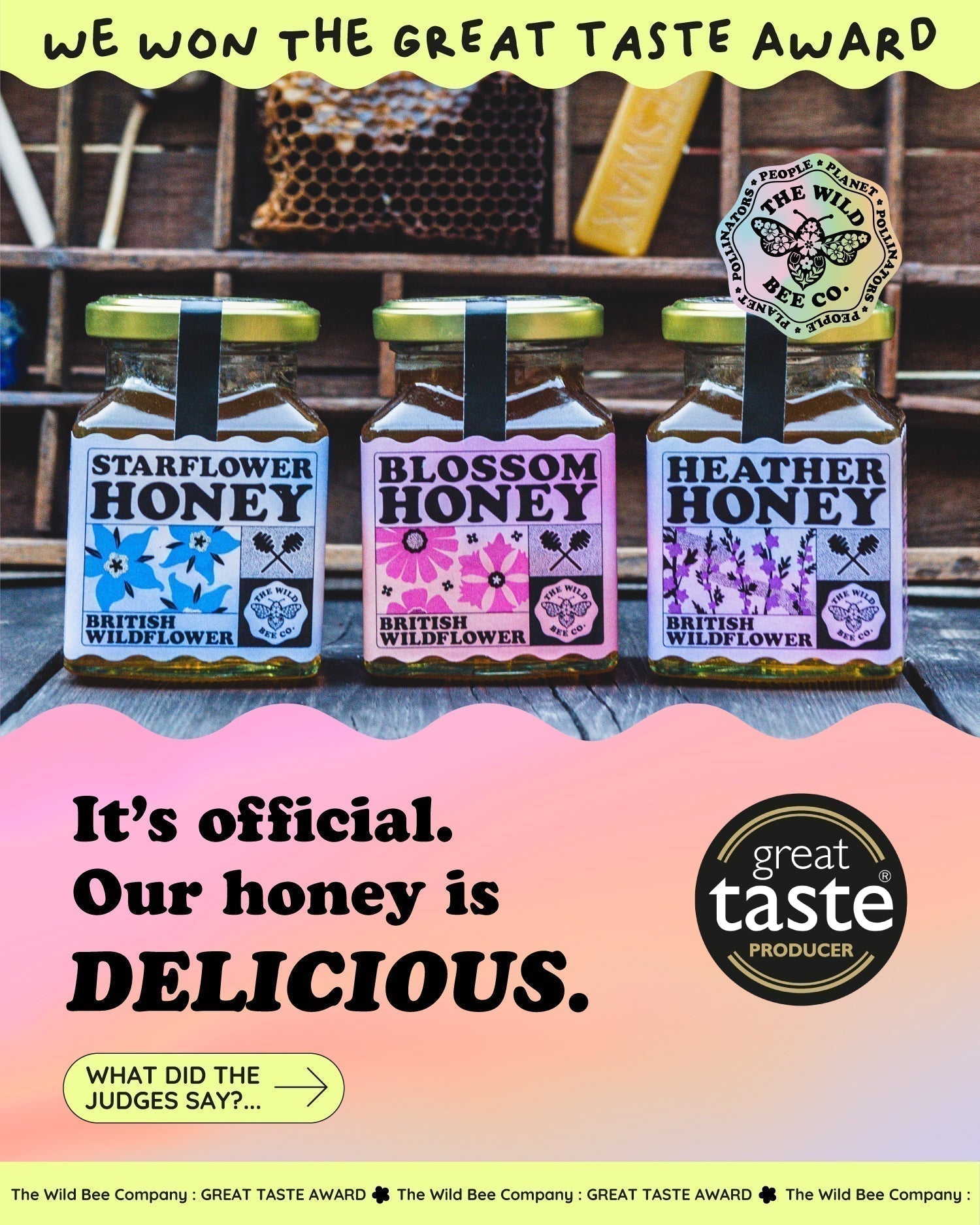
· By Monisha Dajee
The Truth About the Great Taste Awards – My honest experience
Breaking news!
We won the Great Taste Award! In fact...we won 3. Major pat on the back.
Well I guess we can say The Wild Bee Honey is ‘OFFICIALLY’ delicious. Regardless as to whether I won an award or not, I just want to make it known, my honey is SENSATIONAL even without the EXPENSIVE seal of approval because my Bee Babes worked extremely hard to produce every single drop of magical goodness.
What is the Great Taste Award?
The Great Taste Awards have been described multiple times as the “Oscars” of the food and drinks producers’ world. Just like the Oscars…there’s always controversy over the legitimacy of their decision making. So are these competitions really an accurate indicator of genuine talent and produce?
Submissions of food and drink are meticulously tasted and reviewed by several judges with diverse backgrounds in the food industry. It is then given a 3-star, 2-star, 1-star or NO STAR rating. Whether you win an award or not, the judges always provide feedback which is something I genuinely appreciate.
What is the incentive to win an award?
This was my first time entering the competition with my own honey. Personally, there were several reasons why I decided to submit my honey in this competition…
1. Confirmation - that my bees are making some real good stuff!
2. Boost Sales - people have actively said its helped their sales (some disagree)
3. Legitimacy - to rave about my honey due to the prestige held by the Guild of Fine Food.
4. Recognition - It is hard to stand out from all the competition, especially if you are a small artisanal maker barely making an impact amongst all the dominant brands, hogging all the retail space on the shelves!
5. Physical stickers - Anyone that wins an award, gets to use the Great Taste Star sticker on their products and marketing material.
6. I wanted to see what all the fuss was about
7. I am generally a high achiever!
It’s hard to miss the Great Taste logo on products throughout shops here in the UK. That fancy, foiled star of approval. Sometimes buying luxurious, handcrafted foods can be an investment. There's so much competition and choice. It can be overwhelming and difficult to know if the product will live up to expectations (sidenote: sometimes they don’t and can be a complete let down). I think The Great Taste Stars can ultimately help target a consumer’s decision making process. When you see a product with a Great Star sticker, I think it has the influence to infiltrate our purchasing decisions (even on a subconscious level). Some people literally refuse to buy anything that does not have a Great Taste achievement - they live and die by the sparkly star stickers! Sometimes I AM THAT person. If I see a star on a product, it may just compel me to spend a little more and buy that brand, even though the same product could literally be sitting next to it in a different packaging…and this is what this blog will unearth today!
Let’s Spill the Tea
This blog may ruffle a few feathers - in particular ‘The Guild’. However, the point of writing this is not to throw shade at anyone. Truthfully, I appreciate what they represent and the prestige they hold in the food industry. It took them time and dedication to build an influential platform that essentially helps small businesses like mine, scream and shout about how good their products are. However, I need food lovers and producers to hear this: winning (or not winning) this award does not define you or your product’s worth. Not even a little.
I went UNDERCOVER—well, sort of. I unintentionally put the Great Taste Awards to the test, and guess what? I was right all along. The whole thing is wildly subjective but still, it holds an almost legendary status in the food industry.
Challenging a well-established company is a little scary. I’m just a little business trying her best, going here, there and everywhere. This isn’t just a rant. This is an honest account of my experience with the Guild of Fine Food and my perspective on what the Great Taste Award really stands for.
Undercover? Tell me more…
Maybe not in a fake moustache and trench coat kind of way but let's get into it.
Last February, I submitted the SAME jars of honey under 2 different brands. The honey came from exactly the same batch, from the same apiary, from the same frame of honeycomb and from the exact same hive. The honey in the different jars were IDENTICAL. To be honest, I am surprised no one has ever done this before me. And if you have, please tell me your story!
Only the product’s ingredients, production methods and country of origin can be shared with the Judges. Packaging and pricing is not permitted. All products are meticulously blind tasted. This adds a big level of fairness as it could influence the judges opinion. Naturally, people judge a book by its cover and as many chefs say - ‘we eat with our eyes.’ (Sidenote, if the competition was about the packaging, I think I would win anyway. I love my wavy labels!)
So what happened?
Here’s where things get really interesting.
July 30th - RESULTS are in. Oh, we had the biggest laugh! You probably guessed how this story would unfold…the Star rating and feedback was DIFFERENT for exactly the same honey!
DUN DUN DUNNNN!!! - the truths out!
One jar received high praise, glowing flattering reviews and 2 shiny stars. The other jar submitted under another brand received NO STARS! So unless one of the jars of honey altered its composition in transit, we have a problem.
How is this possible?
I have concluded that there are a couple of debatable variables that could fundamentally influence a Judge’s decision. In a paid competition it's not something you want to hear as it should be conducted in a more controlled environment.
VARIABLE 1
When you submit your food product online to register for the competition, you are asked to provide a very brief, limited description that encapsulates the essence of your product and brand. For example, ‘handmade and infused’, ‘organic and grass-fed’ ‘from Surrey’ etc. The judges have access to this information. This was the only difference in the submission and in my opinion, this should not have affected the overall taste and influenced the judges opinion. But surely it must have?
In a way, it is possible that subconsciously the description is influencing your perception of what the product should be / taste like e.g “Natural Blossom honey” vs “Single source artisan honey. Hand extracted, cold filtered, unheated, unblended with a hint of blackberry from the wildflower growing around the apiary”. You don't really have any bias in any direction with a simple description like blossom honey while the more complicated description you may naturally expect the honey to have some level of blackberry flavour as that word has been included in the blurb.
I am definitely not saying the judges do not know their stuff. THEY DO! They have my utmost respect. Imagine being in a room, with chefs I’m obsessed with, food critics and writers, past winners and experts with specific industry experience. (My brain would be buzzing but I would be intimated, then hide and never tell them about this blog!)
VARIABLE 2
The second variable which could have resulted in two identical jars of honey receiving inconsistent results is the order in which they were tasted. Before doing my research, I had a different idea of how the tasting process goes on the day. I was going on the assumption that if the judges were rating the category - Hot Sauce, then they would taste 50 of them consecutively. Apparently, that was an old method of tasting and that would be pretty intense if it was Hot Sauce! The Judges actually use a methodology known in the trade as ‘monadic’ tasting for the majority of products. Essentially you could taste test a curry right after some chocolate. The categories are mixed. I think this ensures the products are rated on their own attributes and merit, rather than comparatively. It also reduces the potential of palette fatigue.
I am really supportive of this methodology of tasting. Frankly I do not think there is a better alternative unless every single product was tried and tested under laboratory conditions. We can agree it's a light hearted competition and there's no need to go overboard. However cross category tasting does pose one major flaw in question - can the taste of the previous product influence the taste of the subsequent product? If the judge ate some strong blue stilton cheese, followed by some dark chocolate, would it create a different sensory experience as opposed to the one the manufacturer intended?
My answer is - yes it does. Based on my personal experience of eating cucumber with beef, I now never mix the two! However other people won’t notice any change in flavour. Just like I love coriander but some people have a genetic disposition that makes coriander tastes like soap. My overall point is that the judges are making important decisions using a game of foodie roulette so the results of this competition will always be inconsistent. Ultimately - TASTE IS 100% SUBJECTIVE.
Taste is subjective
From a scientific standpoint, ‘TASTE’ has just five elements - sweet, salty, bitter, sour and savoury (or umami).
But to me, food is so much more than that. TASTE is texture, culture, memories, stories and pleasure. TASTE is when my boyfriend says - ‘this literally tastes like rain’. TASTE is a complex mix of our senses and experiences.
The Judges are food professionals but they are not necessarily specialists in the vast array of categories presented on the day. They have personally informed me, that the subject of different cultures within food + drink, and how they should be assessed is regularly discussed on their side. The judges go to annual workshops to help them with their language of taste and continually educate their palettes.
They have also told me that they have an active programme to encourage judges from all backgrounds and cultures. Although we don't see the judging panel ourselves, and we can't know how diverse the panel really is, I still think this is definitely a step in the right direction.
Although the product goes to multiple tables and Judges for assessment, does it really compensate for the lack of ‘expertise’ or cultural knowledge of a product?
The problem with judging food without cultural context is where things start to get messy. A fellow foodie friend of mine submitted her handcrafted Indian biscuits to the Great Taste Awards, excited to showcase an authentic recipe deeply rooted in tradition. The feedback? “Disliked the cardamom flavour.” (paraphasing and keeping identity anonymous)
Now, let’s pause for a second. Says who? Cardamom is such an authentic Indian Punjabi flavour. The Guild does not publish the members of the ‘taste jury’. Because if the judges were predominantly White British, how much experience do they actually have with authentic Indian biscuits? What frame of reference are they using to decide what’s too much of a flavour that is meant to be front and centre in this particular treat?
And this is where the real issue lies: When people with little to no cultural experience judge foods outside of their own background, they’re not assessing authentic Great Taste—they’re filtering it through their own, often limited, palate.
What happens next? Food producers - eager to win validation from these awards - start adjusting their recipes to suit the mainstream judges and the wider population. Suddenly, the bold, distinctive flavours that define cultural cuisines are being diluted to fit Western expectations. Over time, this leads to modified versions of “Indian,” “Thai,” or “Mexican” food that’s been subtly tweaked and toned down, just enough to be more “palatable” to a wider audience. Its just like eating an overly sweet chicken Korma at a Bangladeshi restaurant which ‘John’ recommended as being the best curry in Surrey - and offending real authentic, heart-made Indian cuisine. And in doing so, we lose something valuable—the true essence and respect of the cuisine itself.
I do accept that you don't need to be a ‘qualified’ judge to know whether something tastes good or not. After all, the awards are consumer-facing and the makers try to appease everyone. However, if you don’t understand the product, its history, quality, philosophy, roots, ingredients and production, how constructive is the feedback?
We definitely should not be changing our traditional foods to win approval from Western society who don’t fully understand them. Recipes and preferences vary from people to culture and we should appreciate them for what they are. If someone was to slate my Mum’s biryani, they are in for a slap. That's the beauty of taste - everyone’s Mum’s Biryani is the BEST but to THEM! Therefore the judging process should evolve to include experts from within those cultures—people who actually know what something should taste like. If the flavour of Cardamom is too strong for someone unfamiliar with Indian flavours, maybe the problem isn’t the biscuit. Maybe it’s who we’re letting decide what good food really is.
Three stars?
Nearly 3,500 companies from 115 countries around the world entered Great Taste this year, between them offering 13,672 products for review.Entries were analysed across 92 judging days. Only 1.9% of all entries (266 in total globally, 131 from the UK) received a 3-star award, given to ‘extraordinarily tasty food and drink’. With 10.1%, 1,386 in total globally, being awarded 2-stars, ‘above and beyond delicious’ and 28.8%, 3,938 in total globally, being awarded 1-star, ‘food and drink that delivers fantastic flavour’. - food and drink Scotland
The marking of a product is as follows:
One star: Simply delicious.
Two stars: Outstanding.
Three stars: Exquisite.
3-stars awards are rare and have to be confidently qualified by many judges. Those that have received 3-stars go on to be judged in a further stage of the competition to participate in the best of the best and make The Top 50.
The COST. Is it worth it?
Every product entered, a fee must be paid. I think this is fair considering they have a huge event to organise and promote. Submitting 3 jars of honey to be judged cost me the grand total of £255.60. (£85.20 per product). Producers who make supermarket own-label products pay £296.00 per entry. Essentially, the larger producers subsidise the smaller ones. It's a sliding scale which is a fair pricing model, but for supermarkets, their fee is ultimately nothing for them and they use it as an opportunity for quick market research.
I am just a little business trying out new things and hoping to bring attention to all the amazing things I plan to do at The Wild Bee Company. From my perspective, The Great Taste Award is an expensive and unpredictable way to get validation for your product.
Also, by the time the results are shared in July, 7 months of the year have already passed. So a Great Taste Award 2024, quickly becomes outdated within 5 months, as they start recruiting the next batch of applicants for Great Taste 2025! I feel like they have definitely done that on purpose. Ideally, the results should come out in December, so creators have a whole year to promote their product.
The little voice in the back of my head really does make me wonder whether an award for a jar of honey is really fair on the consumer. Considering the time frame from submission to award, it is pretty much a 0% chance that the honey in the jar you buy will be exactly the same as the honey submitted. Honey is a highly dynamic product very much in tune with nature, the location, the time of year and the variability within the season has the ultimate impact on the taste profile. What was in flower on the first of June this year may not be the same next year and what if it rained that week and the bees didn't get a chance to forage? Further, if you are really lucky and have a super colony, a beehive is not really likely to produce more than 50-100KG at peak. As a result, unless you are not eating or selling it, you will never have the same honey between the seasons - similarities yes, but never ever identical. But that's what makes honey magical.
The more commercial honey producers / packers generally blend their honey to create a product for mass consumption which pretty much tastes the same every time and probably keeps most people happy with the ‘consistency in taste’, but guess what - that is not honey. Honey can never be a static product if it’s real! And it is a travesty to lose the intricacy and subtlety of each batch by heating it up and mixing it all together especially when sourced from multiple locations, especially if you are doing that to meet the Judges expectations.
Final thought.
I’m not here just to stir the honeypot (well, maybe a little). Most people probably won’t read this unless you want to know what the fuss is all about and you are wondering if you should submit your product into the next round.
We could all just abandon the awards but I actually believe it's an award worth winning. I think the Fine Food Guild is an INCREDIBLE establishment but the awards are not CREDIBLE. I appreciate that they have created a powerful platform to showcase little makers like me and our crafted creations. They also work closely with various charities, improving community and creating opportunities. But when it comes to judging food, it is obvious the judges are giving preference to what they ‘believe’ is the best. In my ‘experiment’ the same product yielded different reviews, which discredits the validity of this ‘competition’. We can all conclude that it is an extremely subjective process. This means that no award will be perfect or accurate.
The laborious work of farming, beekeeping and food production is often overlooked in the judging process too. We work darn hard and most of us do not get the credit we deserve because the mainstream food industry does not do a good job explaining where our food comes from.
I don’t think I will ever boycott the awards but if they ever read this, they may throw my honey in the trash next time! However, we need to stop measuring a product's worth based on its Star Performance! Winning stars…just like being back at school ey? We can’t help but crave that positive reinforcement! I’ve eaten at Michelin starred restaurants and they didn't live up to my expectations either. I just think something needs to change in the judging process because what exactly are we awarding here? Excellence? Luck? What the judges nibbled on beforehand? I hope one day the Great Taste award will evolve to reflect more than the five pillars of sweet, salty, bitter, sour and savoury. To me, food represents so much more than that. Every jar of my honey captures the taste of the season - the rain, the flowers, the trees and the hard work of my Bee Babes.
You can read what the judges said about my honey on this Instagram post. And you can buy my ‘Award Winning Honey’ here! :)
Love you, Bye x
Share:
0 comments
WILDCRAFTED - RECIPES, REMEDIES + RITUALS
-
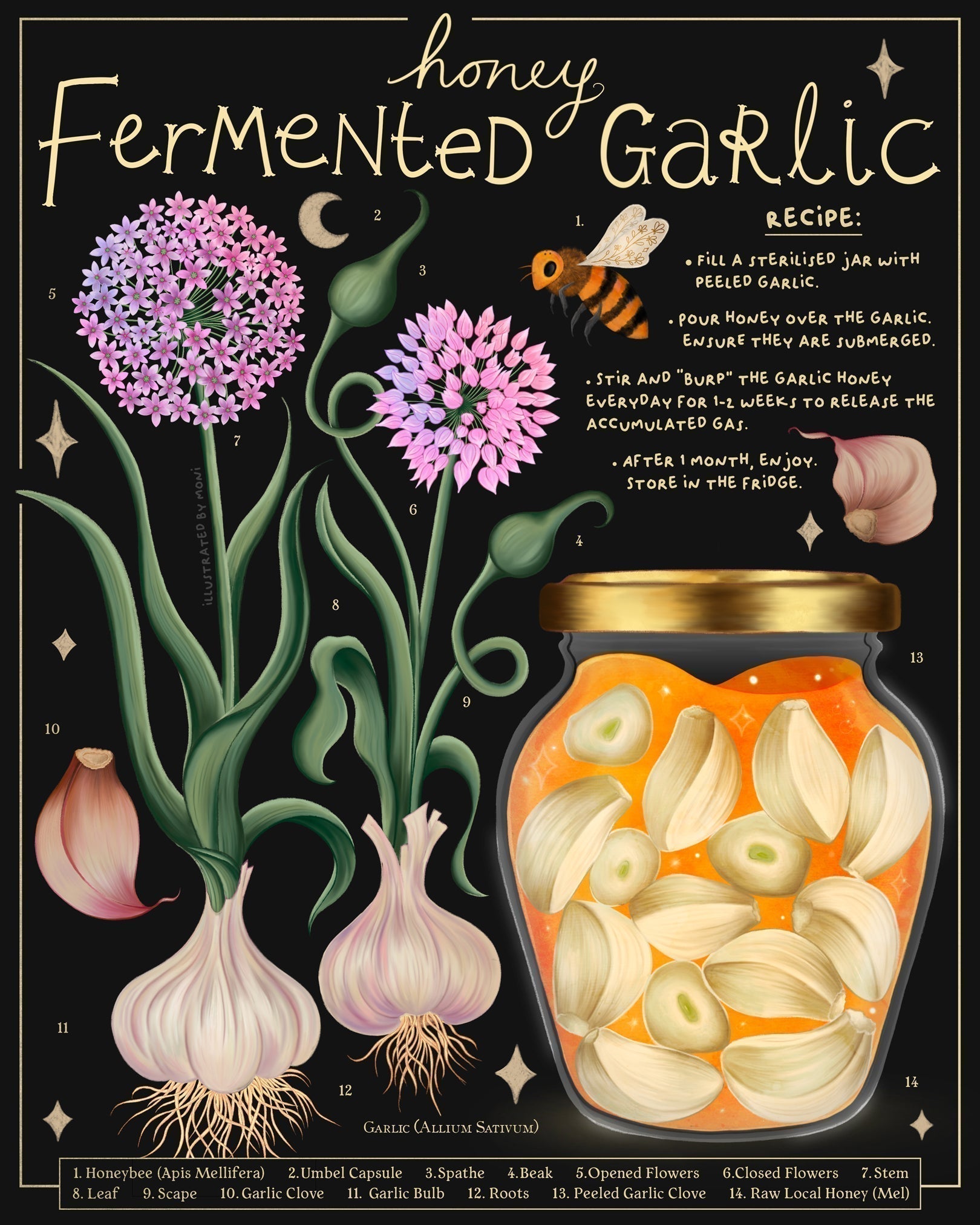
HONEY FERMENTED GARLIC
Fermented garlic honey is a simple yet powerful remedy that combines the ancient art of fermentation to boost the medicinal powers of each ingredient. The origins of fermented honey spans through centuries and various healing practices found within multiple cultures.
-
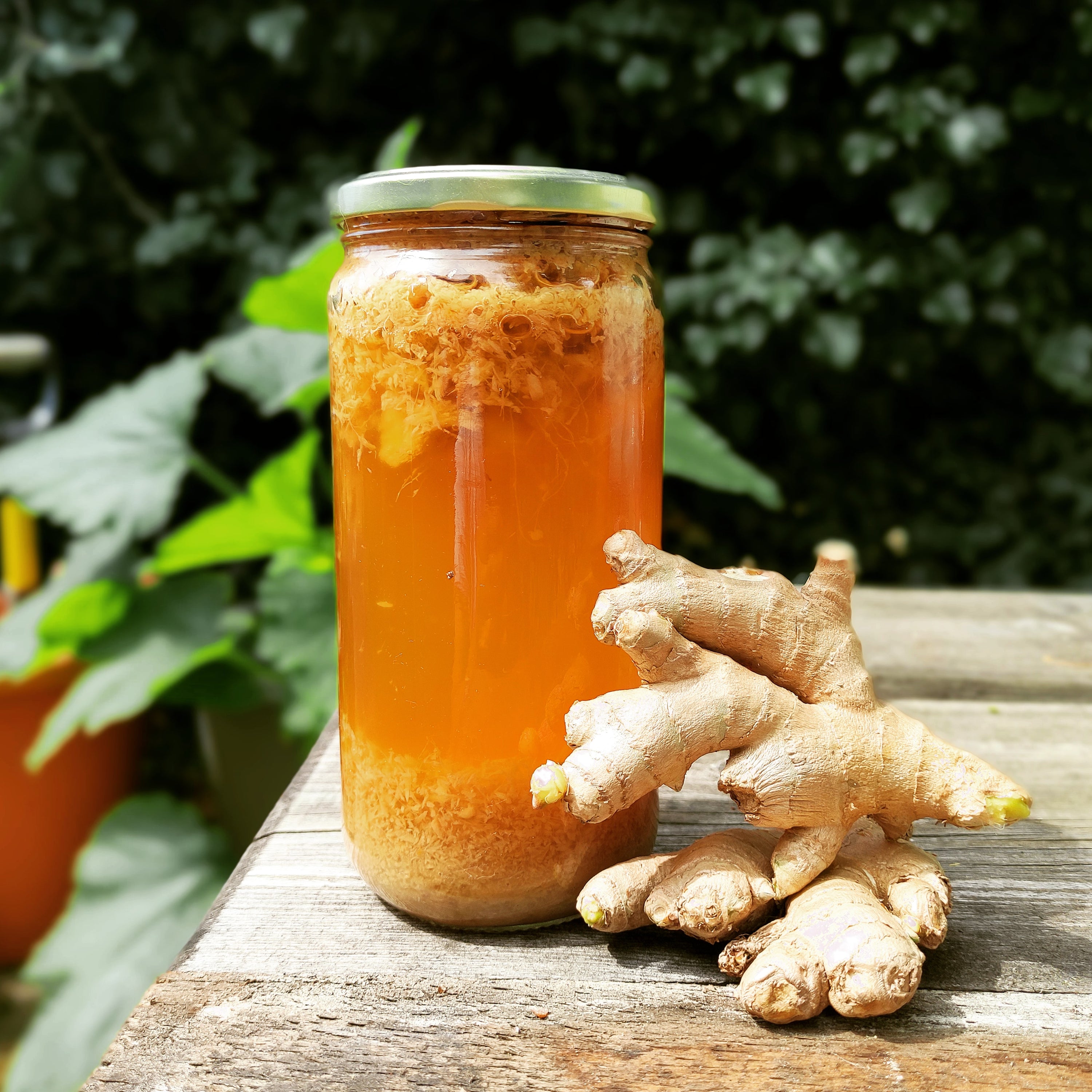
GINGER BUG
Our 5 year old ginger bug is still thriving. 🧡 This week we are preparing to make another batch of homemade, fermented ginger beer, perfect for those sweltering summer days ahead.•If you want to make a ginger beer the traditional...
-
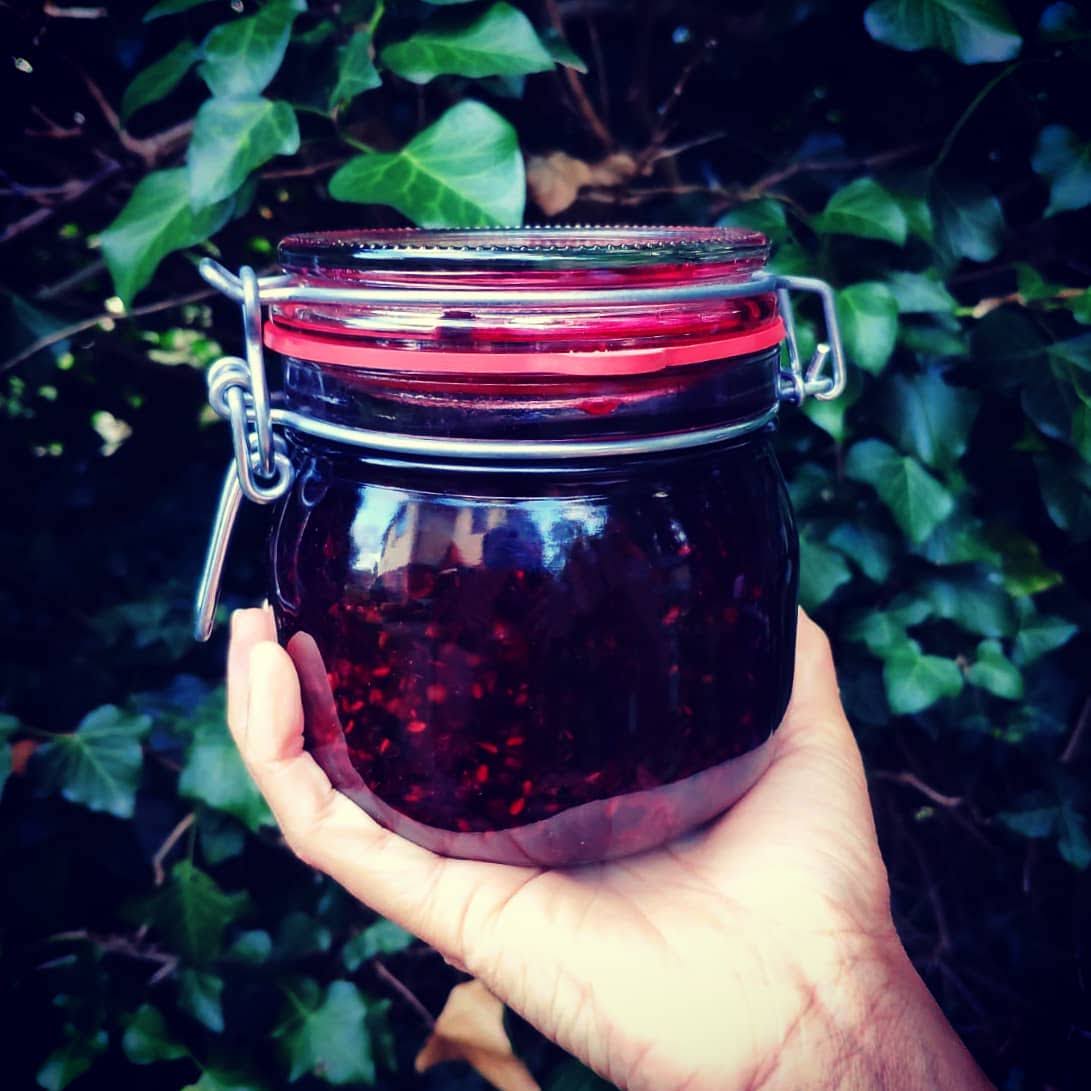
ENCHANTING ELDERBERRY ELIXIR
Her rich clusters of dark, purple berries, are ideal for tinctures and syrups to warn off those colds attempting to creep in this winter. She is truly a generous, magical plant with a plethora of medicinal uses.




